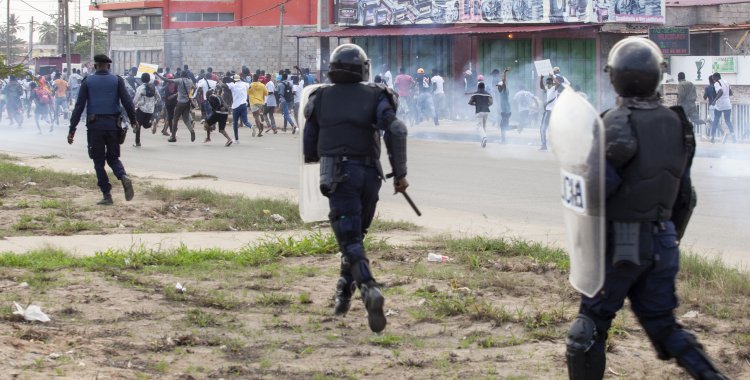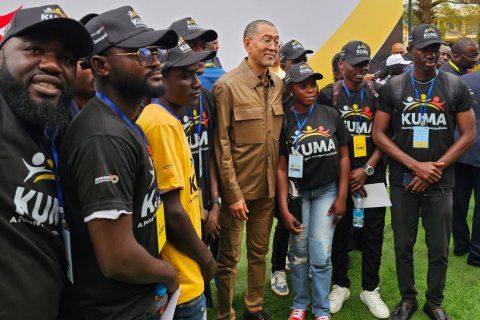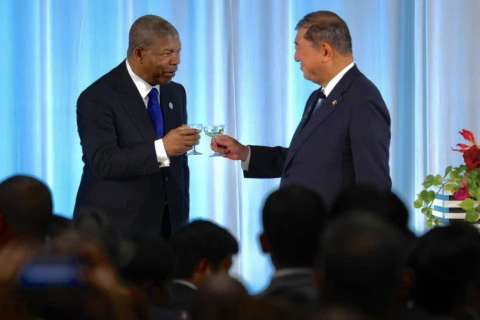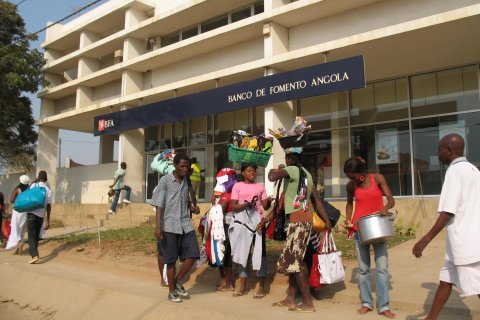The 33rd HRW World Report, released this Thursday, takes stock of human rights in more than 100 countries in 2022, based on research work in close collaboration with local activists.
The President, João Lourenço, was elected, in August 2022, for a second term in the most disputed elections ever in Angola and where the Popular Movement for the Liberation of Angola (MPLA), the party that has governed the country since independence in 1975, reached the worst result ever against its historic rival, the National Union for the Total Independence of Angola (UNITA).
HRW stresses that the election took place peacefully, but was marked by severe restrictions on freedom of expression and assembly, as well as limited access to information due to government repression and censorship of public media and private media controlled by people linked to the Angolan regime.
In addition to attacks on the press, in 2022, security forces used "with impunity" excessive force, intimidation and arbitrary arrests against peaceful protesters, the report criticizes.
Among the examples, he points to the 17 arrested in Luanda, on January 10, including peaceful taxi drivers who were going to participate in a demonstration against the limitations of covid-19, accused of setting fire to a bus and an MPLA building, which they deny.
On 9 April, police arrested 22 people who were protesting the detention of political prisoners and calling for free elections, including an activist and her six-month-old baby.
The report also reports the use of police violence against demonstrators and repression of protests on 31 July, 17 August, 29 August and 14 September.
Attacks against journalists from public and private media were also recorded, and some Angolan press professionals were also arrested and subsequently released.
In the media field, HRW notes that millions of Angolans still do not have access to free, impartial and plural information, as Angola remains the only country in southern Africa without community radio stations.
The current media law, currently under review, obliges community and local radio stations to hold a license whose value exceeds 100,000 dollars, an amount considered unaffordable by these groups.
Speaking to Lusa, in London, regarding the report, Tirana Hassan, interim director general of HRW, underlined that the organization is "deeply concerned about the reduction of civic space across the country".
She therefore called for significant change, involving freedom of the press and association and an end to the silencing of critical voices, including those in prison.
Tirana Hassan also highlighted that, in order to generate more revenue, the Government must demonstrate that it is responsible and that the country is a functioning democracy, with investments in adequate infrastructure, and improving access to education and health, instead of wasting them and become a target of corruption.
In the field of women's rights, HRW stresses that the country has made "significant progress" in terms of the number of women occupying ministerial positions or important positions, despite persisting inequalities, especially at the highest levels of political power.
Currently, women are at the head of Angola's vice-presidency and the presidency of the National Assembly, as well as 10 of the 28 ministries.







